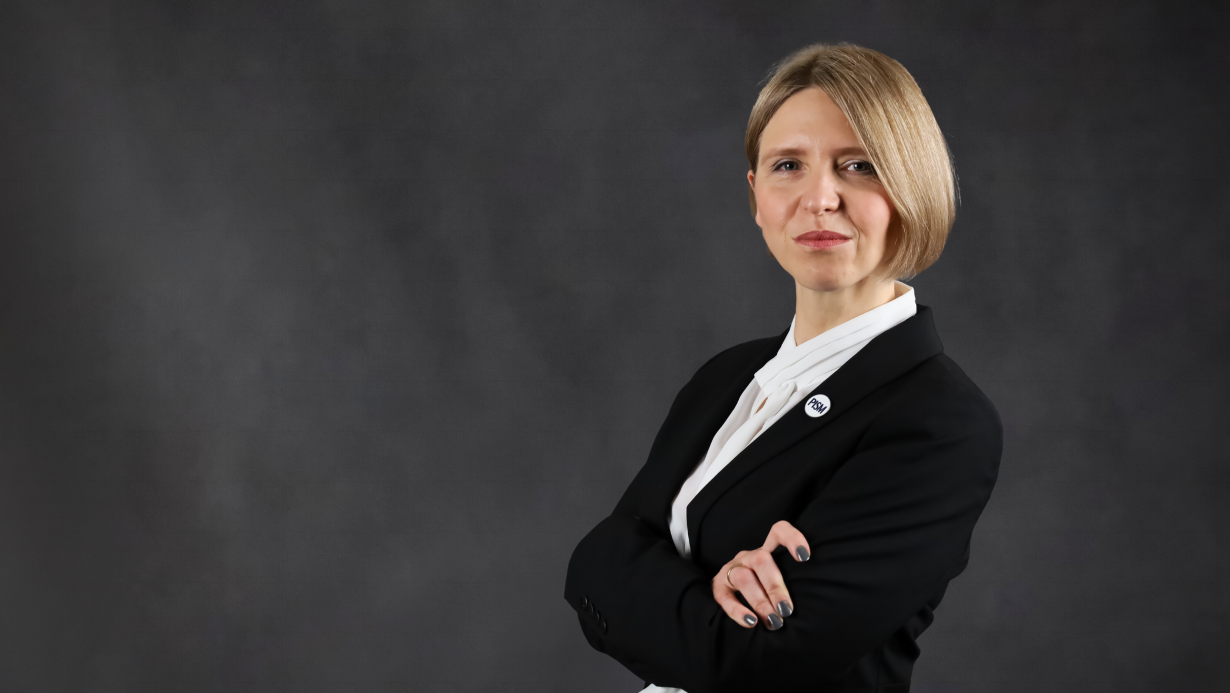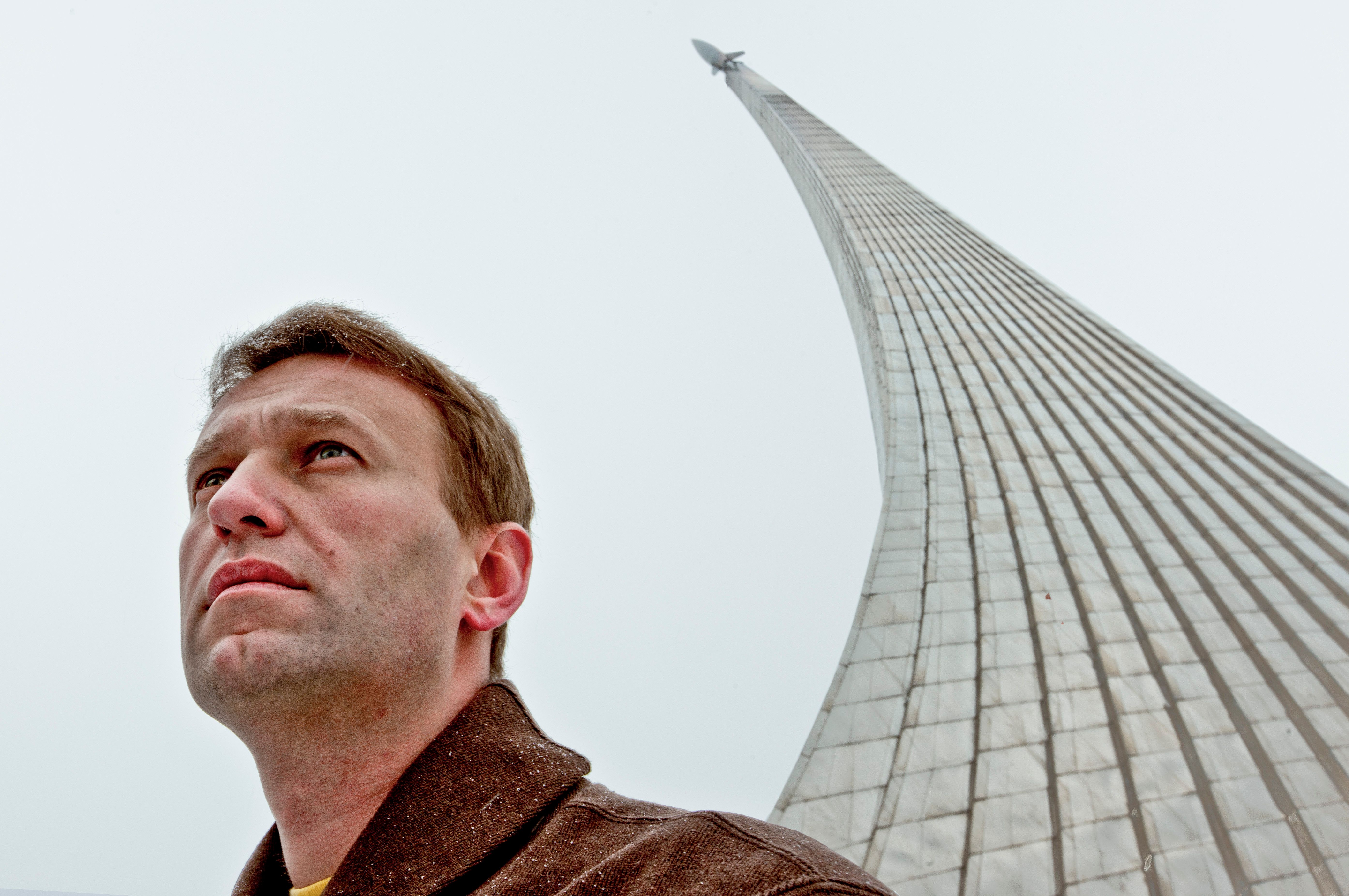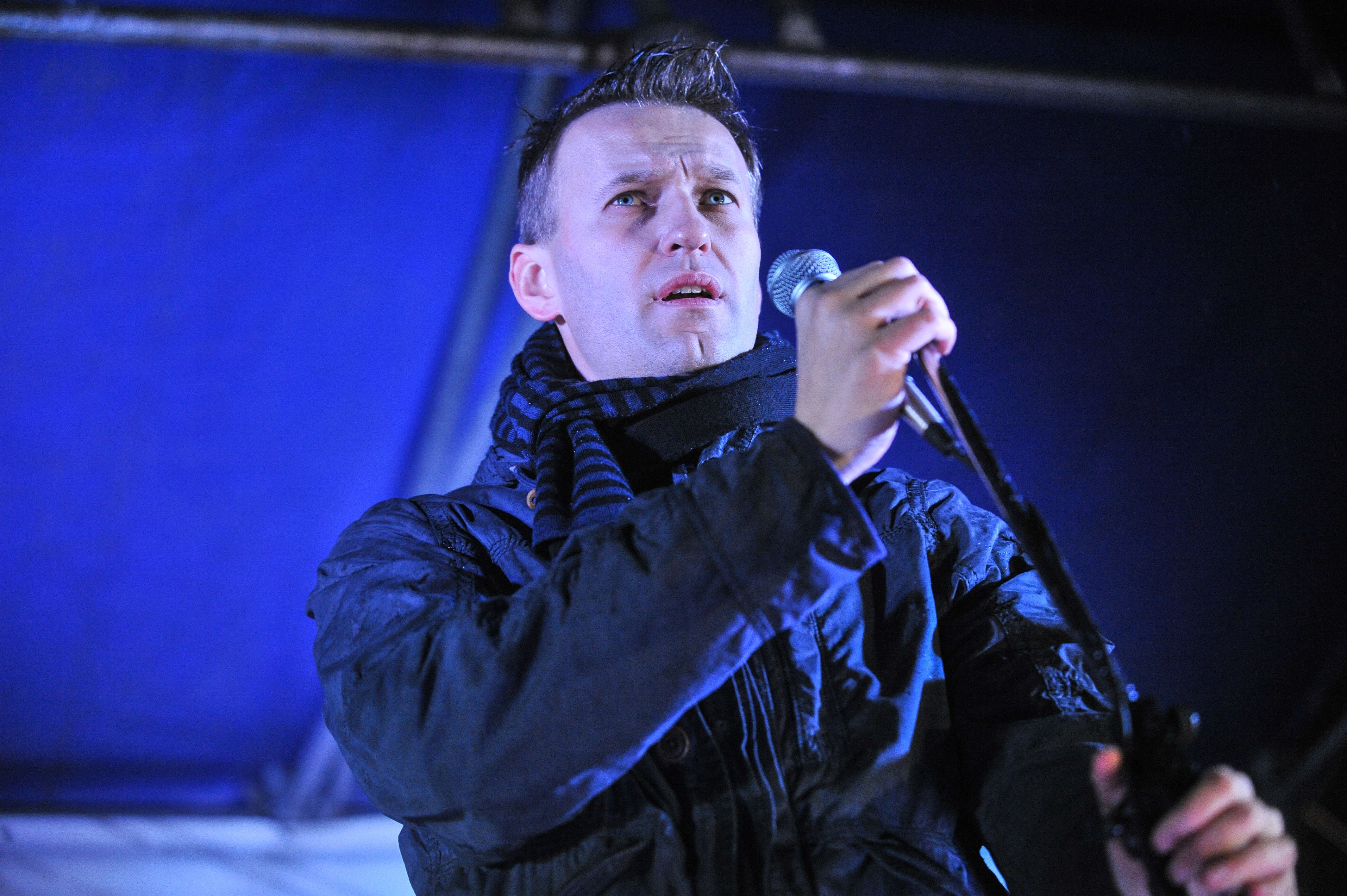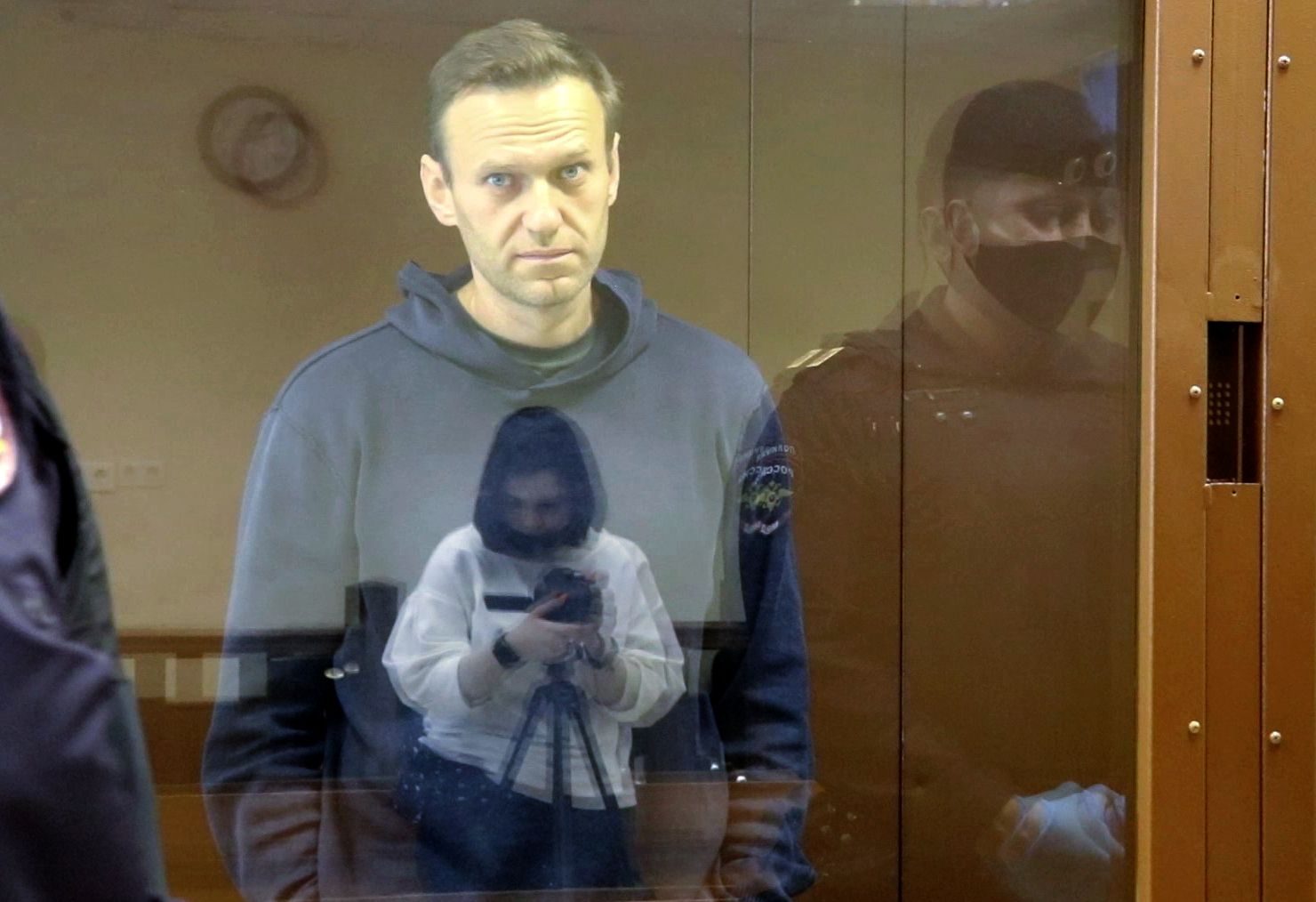Navalny's Long Death: What is the West's Response and the Consequences for Russia?
Russia’s prison service announced the death of Alexei Navalny on 16 February. The opposition figure spoke out against Vladimir Putin’s regime for years, exposing himself to retaliation by the Russian authorities for his political activism. His death just before the March presidential election in Russia will test the mobilisation of the anti-regime part of Russian society.
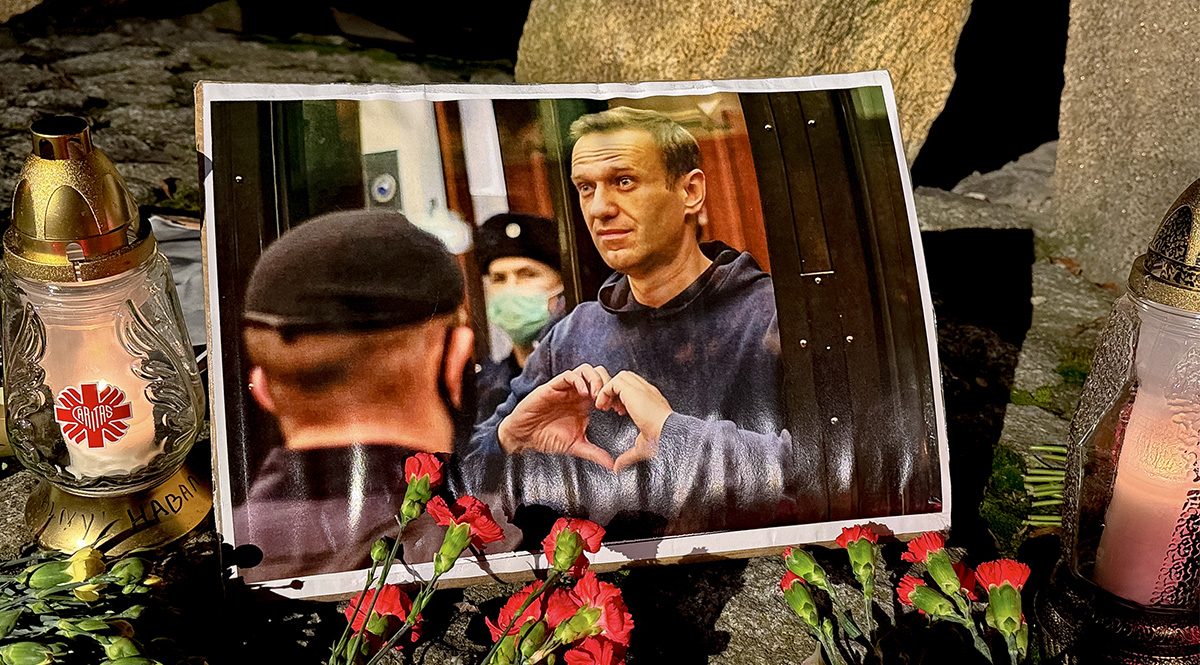 Krzysztof Zatycki / Forum
Krzysztof Zatycki / Forum
Who was Navalny and why was he in prison?
Navalny was the most recognisable of the Russian opposition figures, a lawyer, and an activist. He founded the Anti-Corruption Foundation (FBK) and organised numerous anti-government protests. He participated in the 2013 elections for mayor of Moscow, during which he came in second with 27.2% of the vote. However, in subsequent years, the Russian authorities blocked his registration of a political party three times and participation in the 2018 presidential election. His political activities led to him being repressed by the regime and repeatedly arrested. One month before the elections to the Duma, on 20 August 2020, Navalny was poisoned. After months-long convalescence in Germany, Navalny returned to Russia, where he was immediately arrested. In February 2021, he was tried, convicted, and imprisoned in several penal colonies, the last of which was in western Siberia, where, according to the Russian prison service, he died on 16 February. Navalny’s political views have evolved from the extreme to so-called civic nationalism assuming liberalisation of Russia's economic and political life.
Why did the regime see Navalny as a threat to Putin?
Navalny was one of the biggest critics of Putin’s regime. He exposed the systematic abuses of power and corruption in the Russian system. His best-known documentary, “Putin's Palace” exposed the Russian president’s penchant for riches and gained more than 100 million views on YouTube. Navalny created the “smart vote” project, which involved voting for candidates other than the regime’s, which often resulted in politicians counterbalancing the ruling United Russia party by getting into Russian regional parliaments or city councils. Navalny also spoke out against the war in Ukraine. Regardless of the direct cause of Navalny’s death, Putin bears responsibility for it, as he allowed the prison authorities to abuse Navalny mentally and physically (out of 1,125 days in prison, 295 were spent in solitary confinement), restricted his access to medical treatment (attempts were made to infect him with the COVID-19 virus), and prevented him from contacting his family. Despite his long sentence and fewer opportunities to influence domestic politics, Navalny gave Russians hope for change in Russia.
How will Russians react to his death?
Because of the repressive nature of the regime and the brutality of the security forces, mass protests by Russians are not expected. Some residents of Russian cities laid flowers at symbolic places, such as the bridge in front of the Kremlin where Boris Nemtsov was assassinated in 2015 on the orders of the political authorities. Even such a display of popular sentiment was met with a swift response from the regime, with police removing the placed flowers and violently arresting people (several hundred were arrested across Russia). Both the pro-government media and the Russian authorities only gave perfunctory coverage to the death of the opposition figure, with Russian propagandists suggesting that it was in the interests of the West. In contrast, larger demonstrations have taken place outside Russia, such as in Berlin Russians will have more opportunity in the upcoming Russian presidential election to protest in the form of a vote against Putin and demonstrations.
How will the Russian opposition react?
The anti-system opposition (not controlled by the regime) has expressed outrage at Navalny’s death but is not calling on Russians to demonstrate en masse. Representatives of the Russian opposition in exile, such as Maksim Kac and Yelizaveta Shulman, and above all associates of Navalny himself, contend that he was murdered on Putin’s orders. In their view, Russians will no longer support the incumbent president after Navalny’s death, hence most opposition politicians are calling on them to mobilise just in time for the upcoming presidential election, scheduled for March this year. At the same time, the opposition is concerned that the Russian authorities will want to pre-emptively arrest the most active citizens, as Putin is keen to hold the presidential election without signs of public discontent.
How should the West respond?
Representatives of Western countries have expressed indignation and solidarity with the wife of the deceased opposition figure, Yulia Navalny, who was present at the Munich Security Conference at the time of Navalny’s death. However, they should use this moment to increase pressure on the Russian regime. Along with Russia’s plans to hold presidential elections in the occupied territories in Ukraine, Navalny’s death could be another reason for Western countries not to recognise the results of these elections in Russia. The EU could also consider additional sanctions on Russia, reallocate Russian assets frozen in the West, and increase its own aid to Ukraine and pressure the U.S. to send new packages of military assistance, because a successful Russian offensive in Ukraine will only further strengthen Putin’s authoritarian rule.


